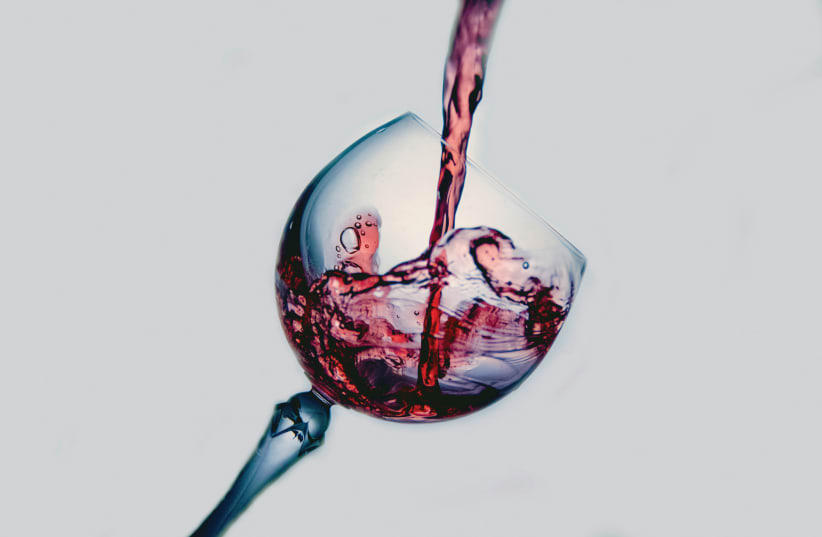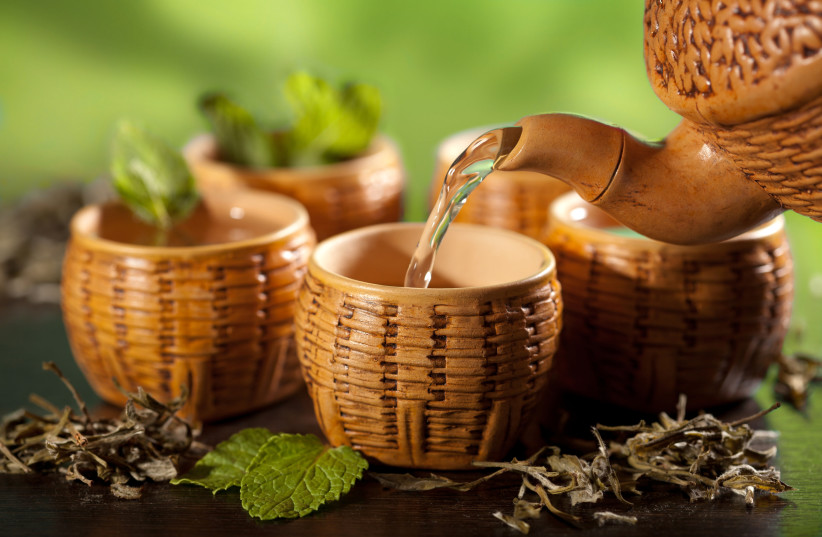If you needed another reason to add a glass of red to your nightly ritual, this could be it. Eating more flavonols – antioxidants common in wine, tea and many vegetables and fruits – may slow your rate of memory loss, a new study has found.
The research tracked the cognitive score of participants who ate the most flavonols, which declined 0.4 units per decade more slowly than those who ate the fewest flavonols. The results held even after adjusting for other factors that can affect memory, such as age, sex and smoking, according to the study published November 22 in the peer-reviewed medical journal Neurology, of the American Academy of Neurology.
"Something as simple as eating more fruits and vegetables and drinking more tea is an easy way for people to take an active role in maintaining their brain health."
Dr. Thomas Holland
“It’s exciting that our study shows that making specific diet choices may lead to a slower rate of cognitive decline,” study author Dr. Thomas Holland, an instructor in the department of internal medicine at Rush University Medical Center in Chicago, said in a statement. "Something as simple as eating more fruits and vegetables and drinking more tea is an easy way for people to take an active role in maintaining their brain health."
Goodbye dementia?
Dementia, an umbrella term used to describe a group of symptoms affecting memory, thinking and social abilities severely enough to interfere with daily function, impacts at least three million older adults every year in the United States.
The new research asked 961 people with an average age of 81 and no signs of dementia to fill out a food questionnaire annually for seven years. The participants also underwent annual cognitive and memory tests and were quizzed on their time spent being physically and mentally active.
Respondents were divided into groups based on their daily intake of flavonols. The lowest intake was about 5 milligrams a day; the highest 15 milligrams a day – equal to about a cup of dark leafy greens, the study noted. (For comparison, the average flavonol intake in US adults is about 16 to 20 milligrams per day, according to the study.)
The study looked at the impact of the four major flavonols — kaempferol, quercetin, myricetin and isorhamnetin — on the rate of cognitive decline over the seven year period of the study.
Kaempferol was found to have the largest impact. People who ate the highest amounts of foods containing the flavonol showed a 0.4 units per decade slower rate of cognitive decline compared with those who ate the fewest, according to the study.
In second place was myricetin. People who ate the most foods with myricetin had a 0.3 units per decade slower rate of cognitive decline. People who ate the most foods with quercetin showed a 0.2 units per decade slower rate.
Dietary isorhamnetin had no impact, the study found.
Despite the noted pros, the research team noted that although the study shows an association between higher amounts of dietary flavonols and slower cognitive decline, it does not prove that flavonols directly cause a slower rate of such decline.
Other limitations of the study are that the food frequency questionnaire, although valid, was self-reported, so people may not accurately remember what they ate.

